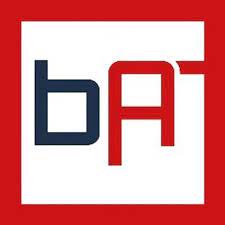The role of specific institutions was important in giving Europe a technological advantage well before the Industrial Revolution. This column argues that apprenticeships were crucial to Europe’s rise. Unlike in the extended families or clans in other parts of the world, apprentices in Europe’s guild systems could learn from any master. New techniques and innovations could thus spread rapidly across the continent, without being constrained by family lines.
The ‘Great Enrichment’ that Europe experienced after the Industrial Revolution remains a central question in economic history (McCloskey 2016). It is now well established that the European economies’ technological head-start over the rest of world did not start strictly with the Industrial Revolution in the middle of the 18th century, but had already begun with the great transformations of the late 15th and 16th centuries (Broadberry 2015). Yet the exact causes of this growth are still very much in doubt. Clearly, the effect of science properly speaking on economic growth before the 18th century is still limited at best. Yet it would be unwarranted to dismiss the role of knowledge and its dissemination through Europe. In recent work, we argue that efficient institutions for organising apprenticeship provided a crucial foundation for the rise of Europe (de la Croix et al. 2016)…
Continua a leggere su voxeu.org





